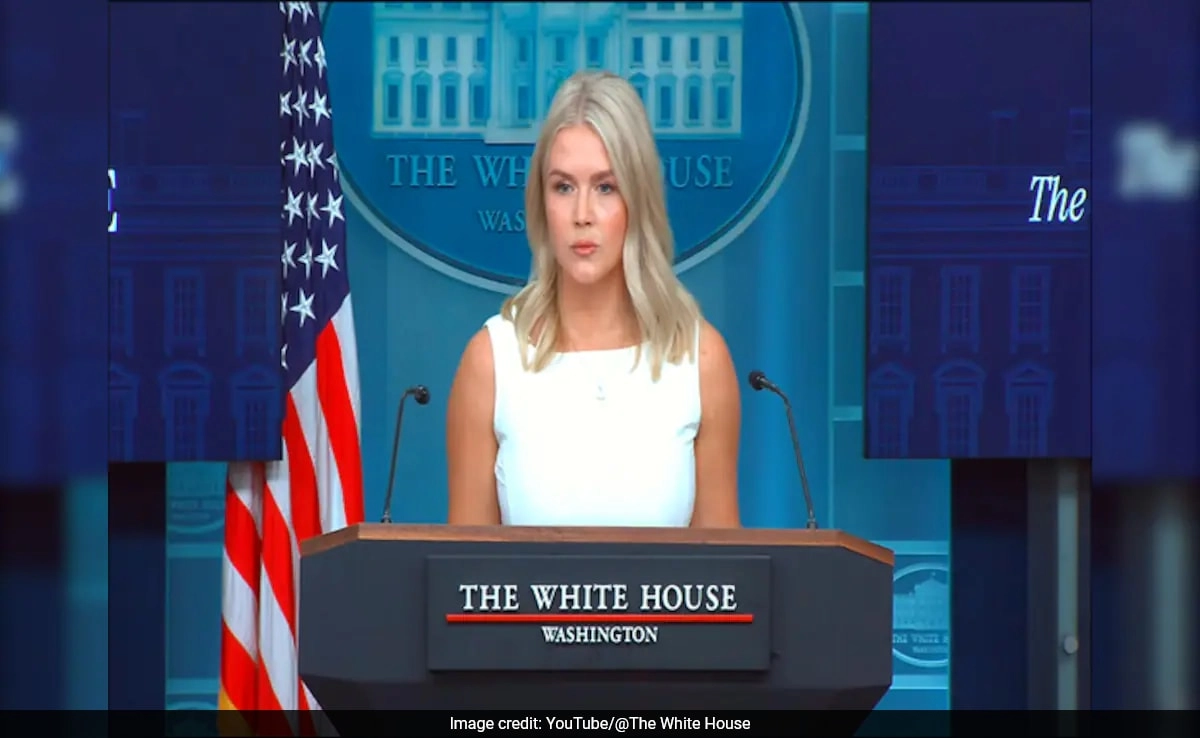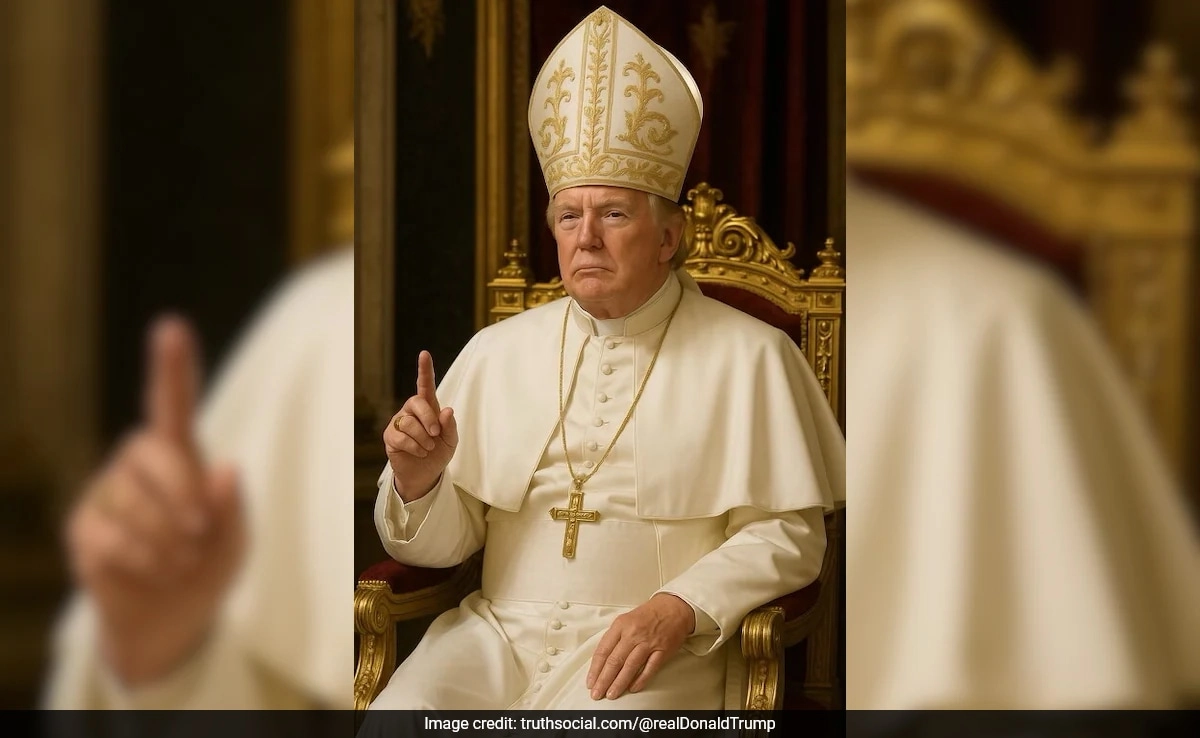In a strategic move reflecting the complex interplay of global politics, the White House recently announced that former President Donald Trump imposed tariffs on India as part of a broader strategy to exert pressure on Russia. This revelation underscores the multifaceted nature of international relations, where economic measures are often employed as tools of diplomacy. The decision to impose tariffs on India, a key ally in the Indo-Pacific region, indicates that U.S. foreign policy during Trump’s administration was characterized by a willingness to leverage economic sanctions to achieve geopolitical goals.
The tariffs were described as a response to India’s trade practices, but the underlying motivation appears to be intertwined with the U.S. stance on Russia. By imposing tariffs on an important partner like India, the Trump administration aimed to send a clear message to Moscow about the consequences of its actions on the global stage. This tactic reflects a broader trend in U.S. foreign policy, where economic measures are increasingly used to influence the behavior of nations deemed to be acting contrary to American interests. The implications of such tariffs extend beyond mere economic impacts; they signify a shift in how the U.S. engages with its allies and adversaries alike.
Moreover, this situation raises questions about the long-term effects of tariff impositions on international alliances. While the intention may have been to pressure Russia, the impact on U.S.-India relations could have lasting implications. India, as a rapidly growing economy and a significant player in regional security dynamics, may reassess its partnership with the United States in light of such economic pressures. The tariffs could lead to increased tensions or a reevaluation of trade agreements, impacting both countries economically and strategically.
The broader context of this decision highlights the challenges faced by U.S. policymakers in navigating a complex global landscape. As nations grapple with issues of trade, security, and diplomatic relations, the use of tariffs as a means to achieve foreign policy objectives can produce unintended consequences. The interplay between economic and political strategies continues to evolve, prompting a need for careful consideration of how such measures can affect not only bilateral relationships but also the overall stability of international relations. As the world watches the developments stemming from these tariffs, the strategic calculations of both the U.S. and its allies will be crucial in determining future diplomatic engagements.




